Ucla Lecture 4/23 & 5/14
-
Similar Content
-
- 2 replies
- 811 views
-
- 2 replies
- 779 views
-
- 9 replies
- 2,243 views
-
- 20 replies
- 3,854 views
-
- 0 replies
- 1,824 views
-
- 12 replies
- 2,294 views
-
-

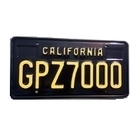
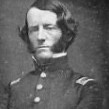
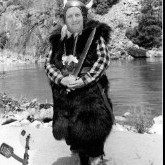

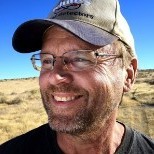

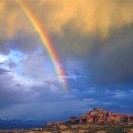


Recommended Posts
Create an account or sign in to comment
You need to be a member in order to leave a comment
Create an account
Sign up for a new account in our community. It's easy!
Register a new accountSign in
Already have an account? Sign in here.
Sign In Now